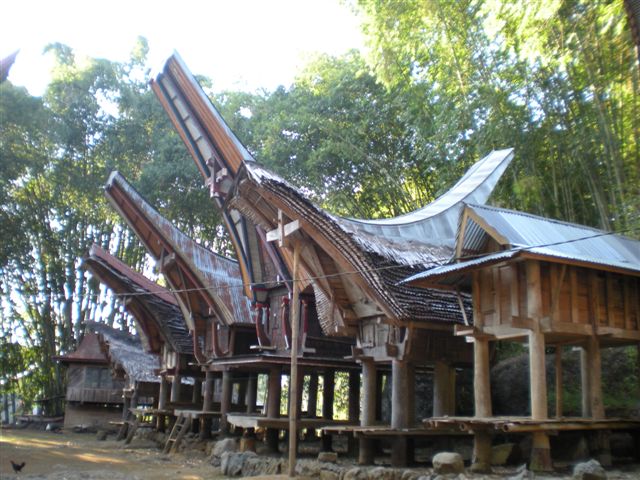As you’ve likely heard, commercial vessels in the Red Sea are facing missile attacks by Houthi militants — and have been for months. To protect their crews and cargo, shipping lines are now rerouting vessels around the Cape of Good Hope — a journey that’s increasing sailing times by three to four weeks for shipments from coffee origins including Indonesia, East Africa, Vietnam and India.
Additionally, freight companies are imposing an Emergency Operation Surcharge of $1,200 to 1,500 per container. In December they began warning that if the situation deteriorates further, they may additionally impose a “War Risk Surcharge.”
The good news is, we have strong supplies of these coffees already stateside. Better still, many — Indonesia, in particular — just arrived in the last few weeks. ahead of these additional fees.
So, looking for fresh arrivals at great prices? We hope you’ll pay particular attention to the offerings below. We’re excited for you to explore and enjoy them!
Indonesia Sumatra Mandheling G1 TP
Mandheling coffees are grown by smallholders in North Sumatra and Aceh. This coffee is wet hulled (giling basah in the Bahasa language), which involves hulling the parchment at roughly 50 percent moisture content — versus the 10 to 12 percent moisture that’s more common around the world. The parchment is then hulled and bagged and sent to rest, which is also unique to Indonesia. Elsewhere, hulling typically takes places just before the coffee is shipped to the port.
InterAmerican buys Grade 1 Sumatra as Double-Picked (DP) or Triple-Picked (TP), referring to the number of times the coffee is hand-sorted for defects.
We rely on several suppliers to ensure reliable delivery of certified coffees from Sumatra. Your trader can provide details regarding the cooperatives that produce our Organic and Fairtrade Organic options, including, recently, KSU Buana Mandiri.
Cupping notes: Chocolate, prune, tangerine, molasses.
Indonesia Sulawesi Toraja Sapan Minanga TP G1
On Sulawesi, one of Indonesia’s largest islands, coffee is grown in the highlands by smallholder producers following traditional practices. This sub-region of Tana Toraja produces only about 60,000 bags per harvest. It’s known for its breathtaking landscapes, highly unique architecture and giling basah–processed coffees.
Cupping notes: Toffee, molasses, rose, pear; white tea body.
The Jampit Estate, on the Ijen Plateau in eastern Java, was founded in 1900 by a Netherlands-based company. Today, it’s managed by the Indonesian enterprise PT Perkebunan Nusantara XII and offers programs that focus on plant healing and fertilization, as well as improving productivity. The estate includes a cupping lab and a strawberry farm. The crop cycle is 80 to 100 days, and the beans are anaerobically fermented for 36 hours, washed, rinsed and dried on patios with 8 to 10 percent of the fruit left on the bean.
Cupping notes: Baked apple, flan, lychee, sesame.
This favorite espresso addition (hello, crema!) needs little introduction. What began, historically, as a matter of circumstance has become a systematically applied practice: Natural coffee beans are raked into 4- to 6-inch-deep piles in well-ventilated warehouses. To equalize moisture absorption, the beans are raked frequently at regular intervals, for 12 to 16 weeks. After this, they’re re-bulked, re-graded, bagged and moved to a drier region for longer-term storage. The result is a beloved profile like no other.
Cupping notes: Salted caramel, hazelnut, corn nuts, green apple.
This high-altitude coffee comes from smallholders in Central Kenya, on the slopes of Mount Kenya and the Aberdare Mountain Range. Cooperatives in the area encourage only the picking and processing of perfectly ripe fruit; from there, they’re pulped, fermented overnight, washed and dried on raised beds.
Cupping: Citrus, toffee, custard, plum.
Papua New Guinea Korofeigu Organic
Cooperatives are rare in PNG and have looser definitions than elsewhere in the world. That said, the Korofeigu Farmer’s Cooperative Society, in the Bena Bena Valley of the Eastern Highlands, today includes more than 1,700 smallholders farming about 2,000 hectares. Its growth, up from about 100 farmers a decade ago, speaks to the appeal of Organic certification programs and their impact on participants’ livelihoods.
Cupping notes: Maple, lemon, cola, tamarind, brownie.

